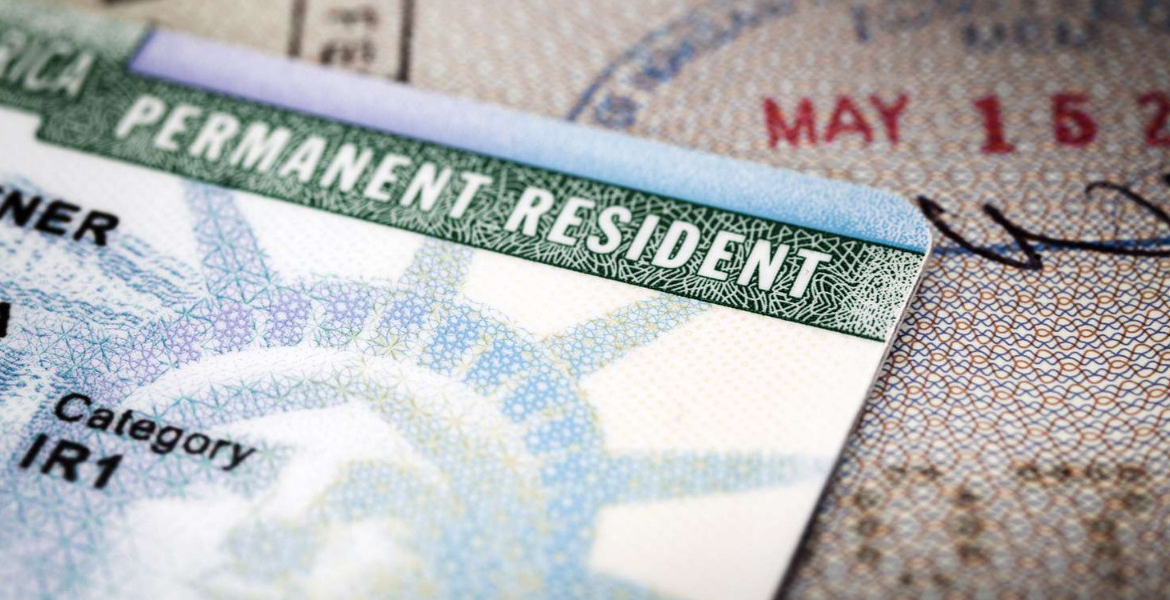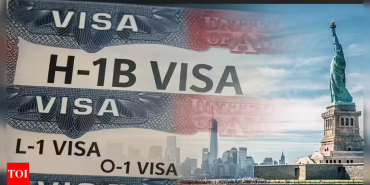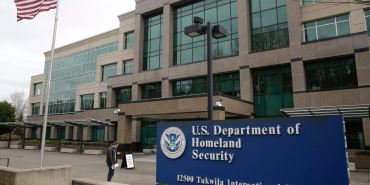Green Card and Visa Holders Face Increased Scrutiny at US Airports

Witchdoctor's Final Legal Manoeuvre Fails as Court Upholds Asset Forfeiture
MOMBASA—In a definitive legal blow, the Court of Appeal has rejected Stephen Vicker Mangira's application to escalate his asset forfeiture case to the Supreme Court, effectively ending his years-long battle to reclaim millions in seized assets. Mangira, who identifies as a traditional healer, faced the forfeiture of Sh18.5 million in cash, eight vehicles, and Sh2.6 million held in a bank account, all seized by the Assets Recovery Agency (ARA) in 2017 on suspicion of money laundering and organised criminal activities.
Appellate Court Decision
Justices Agnes Murgor, Dr. Imaana Laibuta, and Grace Ngenye-Macharia formed the three-judge bench that unanimously denied Mangira’s petition. They ruled that the case was a private matter over seized property, not warranting the Supreme Court’s attention. "We find nothing to demonstrate that the applicants’ case raises matters of general public importance or interest,” the court stated.
The ARA opposed Mangira's request, arguing that his appeal lacked novel legal grounds and primarily served his personal interests.
Background and Initial Arrest
Mangira's legal troubles began in 2017 when authorities arrested him and several associates in Mombasa. Initially, they were charged with drug trafficking, specifically the possession of heroin valued at Sh1.62 million. However, the case collapsed four years later due to insufficient evidence.
Inconsistencies in Claims
During the proceedings, Mangira offered multiple explanations for the source of the contested funds. Initially, he claimed the money came from a land sale in Kericho. He later asserted that an Indian client paid him Sh50 million for witchdoctor services. High Court Judge Njoki Mwangi noted these inconsistencies undermined his credibility. "This Court cannot overlook the fact that at the outset, when questioned by the police, the respondent stated that he had sold land...Later, he shifted his explanation to earnings from witchdoctor services," she observed.
State's Stance
The ARA argued Mangira’s activities suggested involvement in organised crime. They cited his frequent trips to Tanzania and questioned his alleged business transactions' legitimacy. Mangira’s explanation that he intended to use some funds to buy an apartment and two hearses failed to sway authorities, as he could not identify the properties.
Implications and Legal Precedents
This ruling bolsters Kenya’s anti-financial crime efforts. It reinforces the principle that asset forfeiture challengers must provide consistent, credible wealth explanations. The case highlights the scrutiny of large, unexplained cash holdings, especially when linked to prior criminal allegations. An acquittal does not automatically result in the return of seized assets if suspicions persist.
Contextual Significance
The conclusion of this case has broader implications for Kenya's legal landscape, particularly concerning the enforcement of laws targeting financial crimes. By decisively blocking Mangira's final avenue of appeal, the judiciary has reaffirmed its commitment to preventing the laundering of illicit funds and deterring individuals from engaging in criminal activities.
This outcome sends a strong signal that the burden of proof lies squarely on individuals to provide a legitimate explanation for their wealth, and any inconsistencies or contradictions in their explanations will be viewed with scepticism by the courts. It also underscores the importance of transparent and accountable financial dealings, as well as the potential consequences of attempting to conceal or obfuscate the sources of one's assets.
Moreover, the case serves as a reminder that even if an individual is acquitted of criminal charges, the state still retains the right to pursue asset forfeiture proceedings if there is reasonable suspicion that their assets were derived from illegal activities. This is a crucial aspect of the fight against financial crime, as it allows law enforcement agencies to deprive criminals of the fruits of their illicit endeavours, even in the absence of a successful criminal prosecution.
In conclusion, the rejection of Mangira's appeal marks a significant milestone in Kenya's ongoing efforts to combat money laundering and organised crime. It sends a clear message that the authorities are determined to crack down on financial crimes and that individuals who attempt to profit from illegal activities will be held accountable. As Kenya continues its push to strengthen its legal framework and enhance its enforcement capabilities, this case stands as a testament to the country's commitment to promoting a more transparent and accountable financial system.








Comments
Ala!
Permalink
Ala!
Add new comment